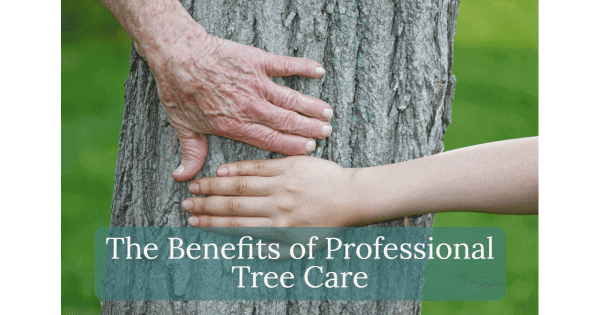Tree offer a natural habitat for wildlife, from birds and squirrels to insects and fungi. Proper tree trimming can encourage biodiversity in your yard.
Healthy trees help to clean the air we breathe and the water we drink. Trees naturally absorb and filter stormwater, reducing soil erosion and preventing pollutants from flowing into rivers and lakes.
Reduced Carbon Dioxide Emissions
Trees absorb carbon dioxide and release oxygen, a natural process that helps slow climate change. A single acre of trees can absorb over 6 tons of carbon dioxide annually, so planting and maintaining healthy trees is essential. Tree service near me helps keep trees thriving by trimming overgrowth that could obstruct sunlight and preventing the natural absorption of carbon dioxide.
Additionally, trees reduce air pollution by absorbing sulfur dioxide, ozone, dust, and nitrogen oxide, keeping our outdoor environments cleaner. They also protect our waterways by absorbing rainwater and reducing soil erosion. These advantages are but the beginning. Trees can lower temperatures, mask noise pollution, and provide shelter for wildlife. The environmental impacts of professional tree care are vast and significant.
Cleaner Air
Trees operate as natural air filters, collecting carbon dioxide from the atmosphere and releasing oxygen into the environment during photosynthesis. Additionally, trees absorb pollutants such as ammonia, ozone, sulfur dioxide, and nitrogen oxide.
Trees also cool the air through a process called evapotranspiration. As they release water vapor from their leaves, it cools the surrounding air like we sweat to keep our bodies hydrated.
Proper care of your property’s trees will increase the aesthetic appeal of your home or business and help protect people and property from dangerous conditions like weakened branches and falling debris during storms or high winds. A professional can identify and address any problems before they become more severe.
Reduced Water Pollution and Erosion
A well-cared-for tree performs several vital environmental services. For example, trees can help protect soil, reduce stormwater runoff, and prevent erosion that carries pollutants into waterways.
In addition, healthy and mature trees act as natural windbreaks that can save homeowners money on energy costs. Moreover, trees improve the weather by cooling homes and reducing humidity levels.
Trees convert carbon dioxide and other gases into oxygen during photosynthesis, which is then released into the air. This process helps to lower greenhouse gas levels and reduces air pollution. Additionally, trees absorb and eliminate ammonia, ozone, nitrogen oxide, and sulfur dioxide from the air. They also limit the sediment carried into waterways by erosion and reduce nutrient levels, such as phosphorus.
Increased Biodiversity
Trees create habitats for various wildlife and support biodiversity on a macro level across the globe and a micro level in your backyard. Healthy, well-maintained trees attract birds, squirrels, and other wildlife looking for a home and food.
Using their photosynthesis abilities, well-maintained trees transform carbon dioxide into oxygen and help reduce air pollution by trapping harmful toxins in their leaves. They also regulate temperatures, lowering urban areas’ heat islands through their shade and evapotranspiration processes.
Tree roots reach deep into the soil, helping prevent erosion and absorbing water during storms. This keeps the water supply clean and reduces the runoff of chemicals into streams and rivers. Sustainable tree care considers local climate conditions and soil types, maximizing the positive impact of urban forests.
Increased Property Value
Well-maintained and healthy trees enhance the appearance of a home or business, making them more attractive to potential buyers. Additionally, their shade reduces energy costs and helps cool the environment.
Trees support biodiversity and form ecosystems above and below the ground, absorbing and filtering runoff rainwater to prevent flooding and soil erosion. They also serve as natural carbon sinks, accumulating carbon and oxygen and releasing it into the atmosphere during photosynthesis.
In contrast, unkempt and overgrown trees can pose safety hazards and damage your property during severe weather conditions. You can protect your investment by working with an experienced specialist to keep your trees healthy and secure throughout the year. This will save you money in the long run by avoiding costly issues such as tree removal or property damage. Read more exciting articles on Apnewsday

 Education7 months ago
Education7 months ago
 Health7 months ago
Health7 months ago
 Game7 months ago
Game7 months ago
 Business7 months ago
Business7 months ago
 Tech7 months ago
Tech7 months ago
 Travel7 months ago
Travel7 months ago
 Entertainment7 months ago
Entertainment7 months ago
 Tech7 months ago
Tech7 months ago










